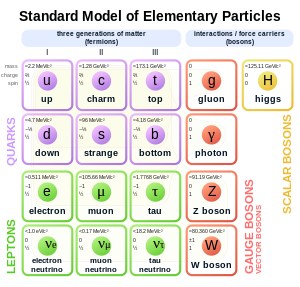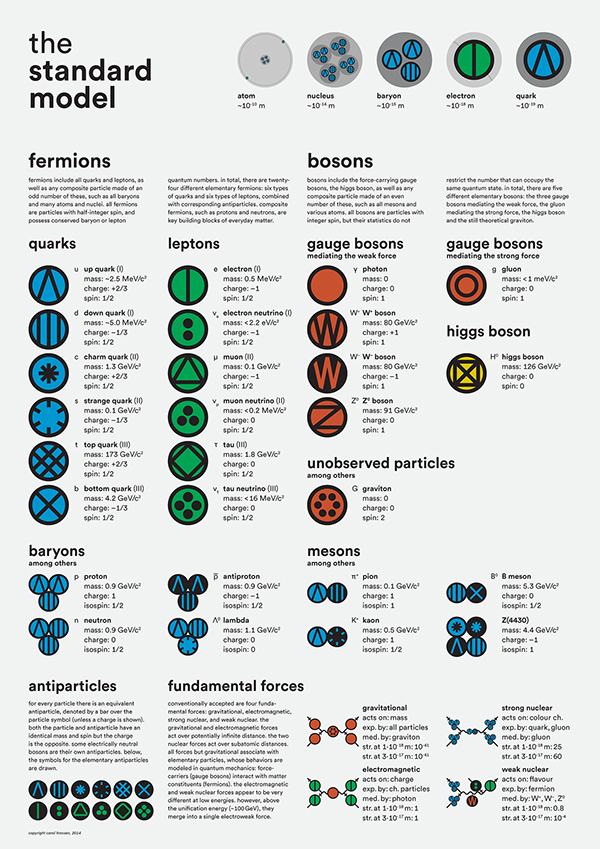shivsomashekhar
Well-Known Member
According to Advaita, who attains Moksha?
This is an inconsistency because - for the above to hold true - someone has to be able to tell oneself "I have attained Moksha". Such a statement of recognition can only be made in a post-moksha state. That is, the individual has to persist as an individual *after* Moksha for this to hold true.
This is not a problem with other forms of Vedanta. However, this becomes a question of interest in the case of Advaita as there is no dispute that all Advaitins accept that there is only the undivided Brahman after Moksha. So, who attains Moksha?
This is an inconsistency because - for the above to hold true - someone has to be able to tell oneself "I have attained Moksha". Such a statement of recognition can only be made in a post-moksha state. That is, the individual has to persist as an individual *after* Moksha for this to hold true.
This is not a problem with other forms of Vedanta. However, this becomes a question of interest in the case of Advaita as there is no dispute that all Advaitins accept that there is only the undivided Brahman after Moksha. So, who attains Moksha?


